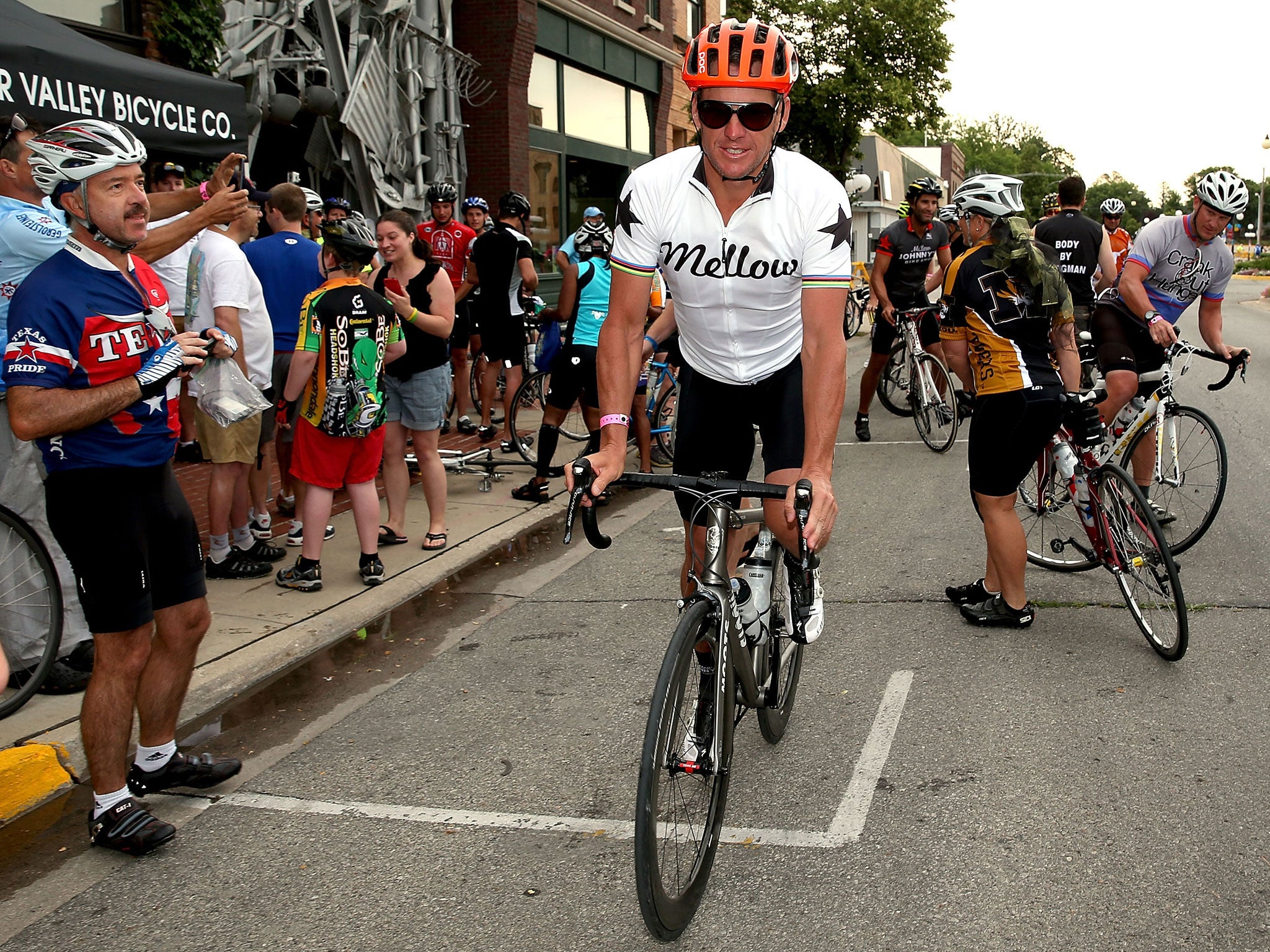Disgraced cyclist Lance Armstrong promises '100% transparency and honesty' in assisting any further doping inquiries but seeks assurances first
The man labelled as behind 'the most sophisticated, professionalised and successful doping programme sport has ever seen' has spoken out over his willingness to help rid the sport of drug cheats

Disgraced former cyclist Lance Armstrong has revealed that he is prepared to testify with “100 per cent transparency and honesty” in the future if he is involved in any further inquiries into doping.
He will only do so though if he is given assurances that he will receive fair treatment following his January admission that he was using performance-enhancing drugs during all seven of his Tour de France triumphs, which rocked the sport like never before when the American was finally exposed.
Speaking to the BBC, Armstrong argued that some who have been involved in doping have been given a “total free pass” whereas others have received “the death penalty” in their treatment by officials.
The United States Anti-Doping Agency labelled Armstrong as carrying out "the most sophisticated, professionalised and successful doping programme sport has ever seen", stripping him of all seven of his Tour de France successes in August last year.
Having overcome cancer to claim his first title in 1999, and was also forced to relinquish the bronze medal he won in the road time trial at the 2000 Sydney Olympics. Armstrong took the chance to reflect on his decision to reveal his shame in an interview with chat show host Oprah Winfrey.
"It's been tough," he told the BBC’s World Service. "It's been real tough. I've paid a high price in terms of my standing within the sport, my reputation, certainly financially because the lawsuits have continued to pile up.
"I have experienced massive personal loss, massive loss of wealth while others have truly capitalised on this story.
"I was going to have to answer the questions anyway. There were plenty of lawsuits in place that would have put me in the cross-hairs."
What Armstrong is now calling for though is consistency from the USADA in terms of the penalties handed out to those found guilty of doping.
"If everyone gets the death penalty, then I'll take the death penalty," said the Texan.
"If everyone gets a free pass, I'm happy to take a free pass. If everyone gets six months, then I'll take my six months."
The 42-year-old hopes to draw a line under the controversy, insisting that he hopes to “close the chapter and move things forward” and that he doesn’t have "a whole lot of credibility" left but admits he has "nothing to lose" after the scandal.
"Do I think that this process has been good for cycling?" he asked when speaking about the UCI’s announcement that an independent commission will look into how far drugs has gone into disrupting the sport. "No. I don't think our sport has been served well by going back 15 years.
"I don't think that any sport, or any political scenario, is well served going back 15 years.
"And if you go back 15 years, you might as well go back 30."
Armstrong admitted that authorities will always face a difficult task in tackling drug cheats due to “the development of pharmaceuticals”, but refused to be drawn on whether the allowance of drugs should be considered in some way, shape or form.
“That's way above my pay-grade to try to decide that,” he said. “I'll let those people who pretend to be, or who are the experts, try to decide that.”
Join our commenting forum
Join thought-provoking conversations, follow other Independent readers and see their replies
0Comments